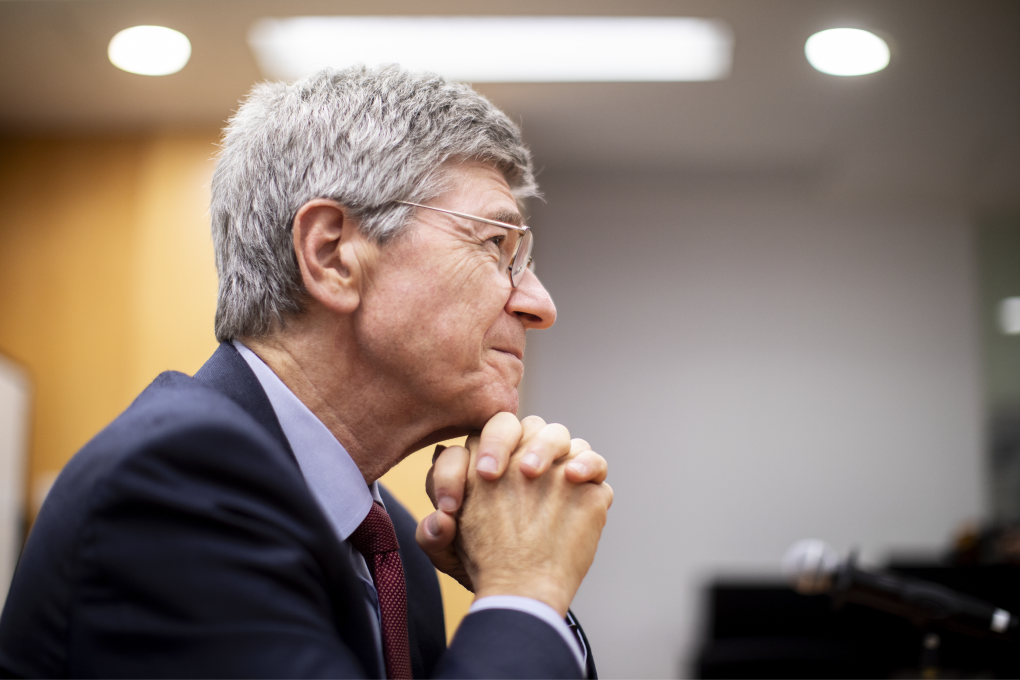Inspiring Change: Professor Jeffrey Sachs on Global Sustainability

[The content of this article has been produced by our advertising partner.]
2023 was a year of increasingly serious climate crises, armed conflicts and intensifying geopolitical tensions. At the start of 2024, the world seems further away than ever from achieving the United Nations’ Sustainable Development Goals (SDGs) by 2030, as was once hoped. We desperately need to get back on track and accelerate progress.
The SDGs are the responsibility of the UN Sustainable Development Solutions Network (SDSN). This network works under the auspices of the UN Secretary-General to promote integrated approaches to implement the SDGs and the Paris Agreement on Climate Change through education, research, policy analysis, and global cooperation.
Leader of the charge for sustainable development
With his deep knowledge and experience, the internationally-respected economist Professor Jeffrey Sachs serves as University Professor and the Director of the Center for Sustainable Development at Columbia University and the President of UN SDSN. He is a leading figure in advancing the global sustainability agenda. His exceptional contributions have been recognised and honoured with numerous awards, including the Blue Planet Prize in 2015, the prestigious Tang Prize for Sustainable Development in 2022 and an Honorary Doctorate of Social Science awarded by The Chinese University of Hong Kong in October 2023.
For the last 25 years, Professor Sachs has played a pivotal role in the world’s pursuit of sustainability. Having served as the adviser to three UN Secretary Generals, he was involved in formulating strategies for accomplishing the UN Millennium Development Goals and later helped design and launch the SDGs. Before becoming an advocate for sustainable development, he was known as a leading figure in macroeconomics, where he placed his expertise at the service of countries facing acute economic crisis. For example, he contributed to resolving Bolivia’s hyperinflation by applying a ‘shock therapy’ back in the 1980s. Towards the end of the cold war, he was called upon by post-communist states to assist with the transition from a planned to a market economy. He has now advised dozens of world leaders in all parts of the world, including China.
